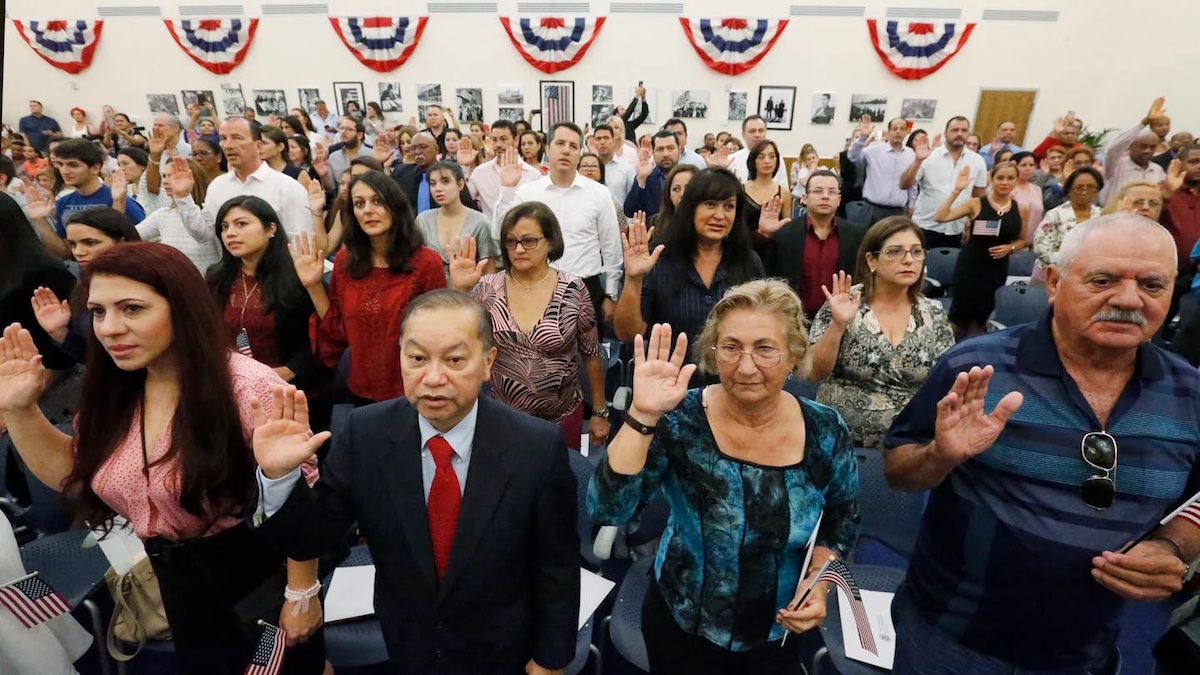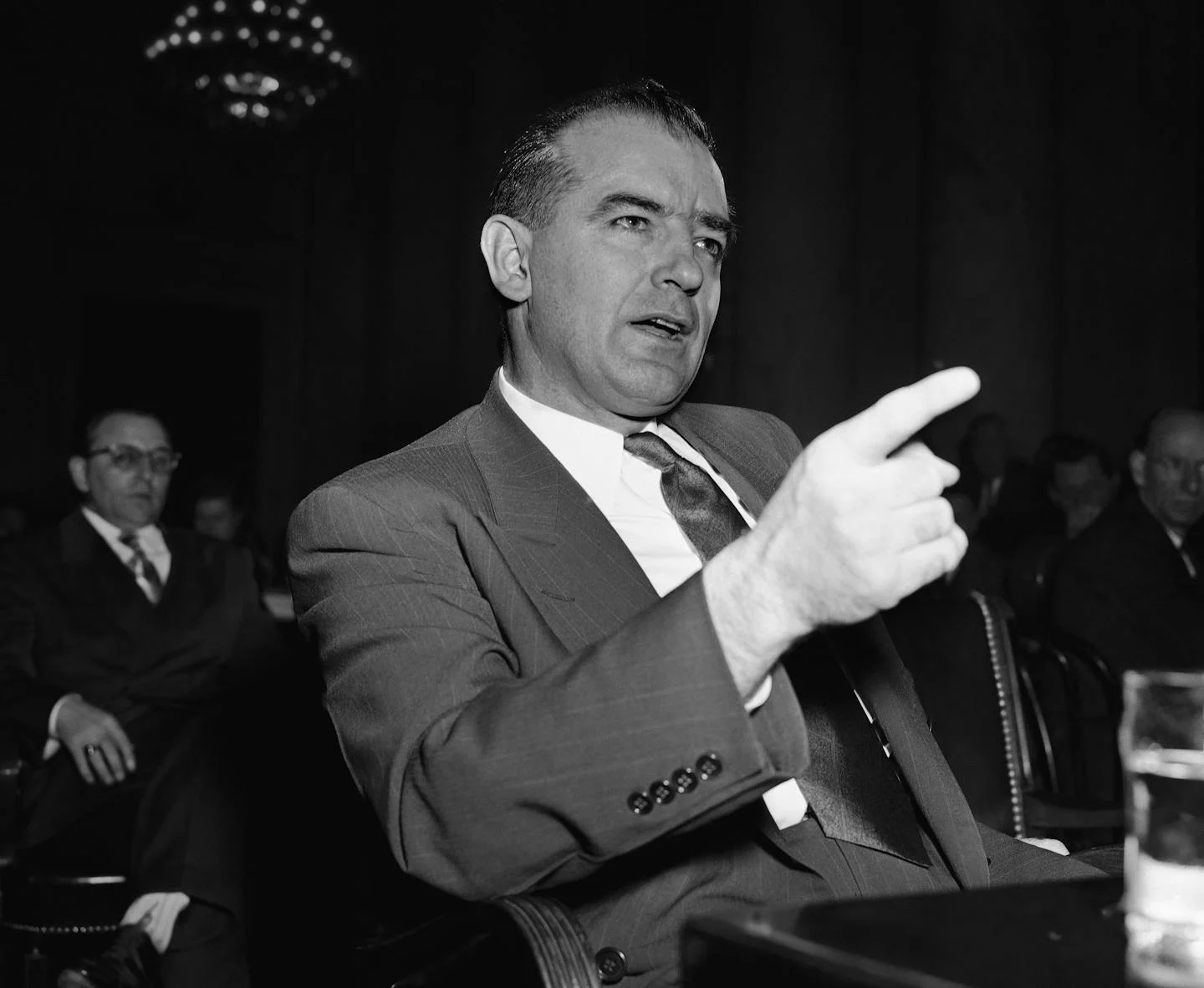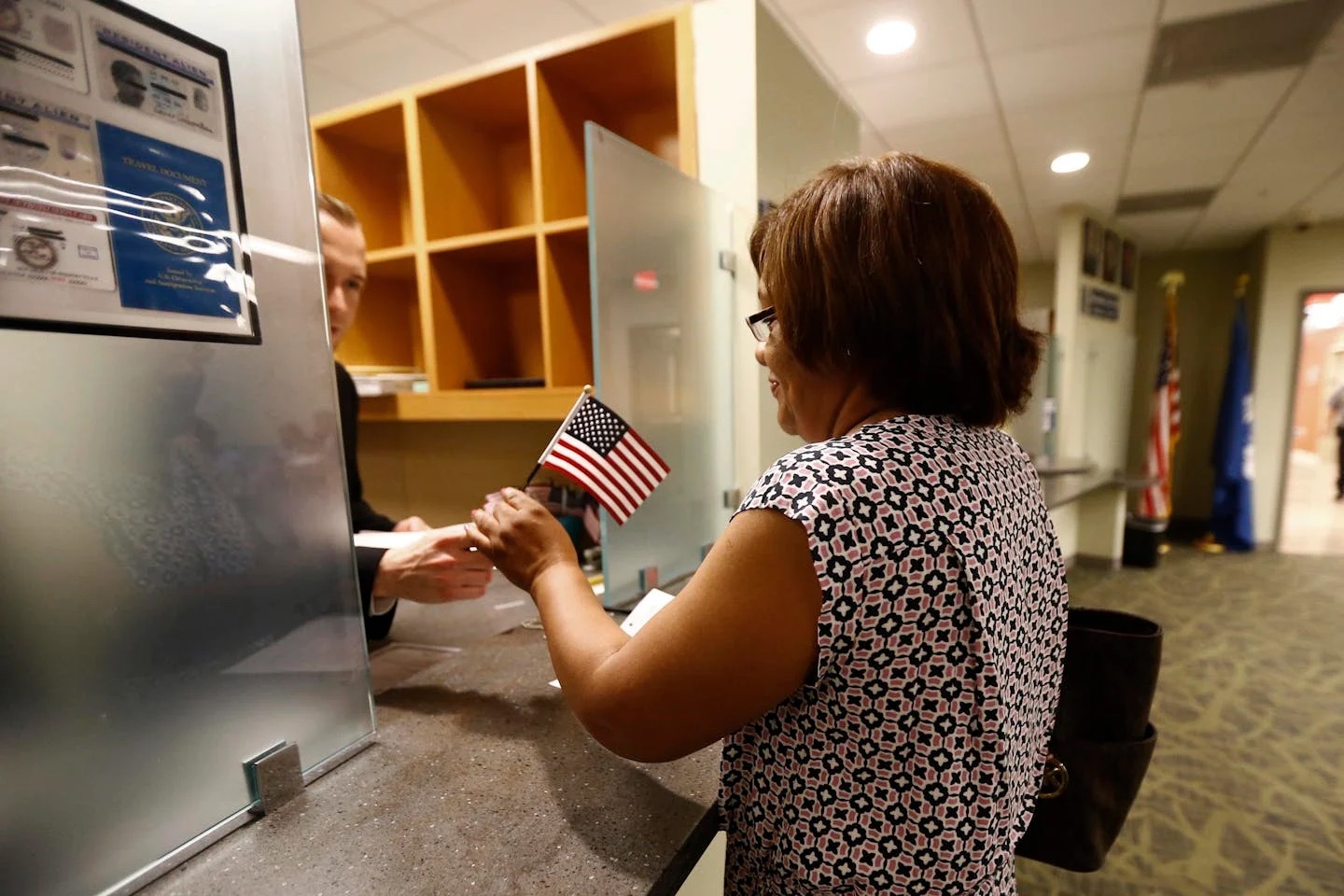DOJ efforts to strip citizenship likely violates rights

DOJ efforts to strip citizenship likely violates rights
The Trump administration's recent moves to aggressively revoke citizenship from naturalized Americans through denaturalization raise significant constitutional concerns. Explore the impacts, legal challenges, and risks posed by these policies.
What is Denaturalization?
Denaturalization refers to legally revoking citizenship from naturalized citizens, usually through civil court proceedings. Individuals losing their citizenship can revert to noncitizen status and potentially face deportation.
Conditions for Revoking Citizenship
Legally, citizenship can only be revoked under specific circumstances, such as fraud during the naturalization process or withholding critical information. However, the administration’s broad enforcement policy has resulted in controversial cases like Baljinder Singh's, who lost citizenship over minor discrepancies potentially caused by translation errors.
Lack of Legal Protections in Civil Denaturalization
Unlike criminal cases, civil denaturalization lacks several vital protections:
- No right to government-funded legal representation
- No jury trial; decisions made solely by judges
- Lower burden of proof ("clear and convincing evidence")
- No time limits on evidence collection
Historical Context of Citizenship Revocation
Historically rare, citizenship revocation surged during the Red Scare in the 1940s-1950s, affecting over 22,000 individuals. However, the Supreme Court's landmark 1967 decision in Afroyim v. Rusk drastically limited denaturalization, allowing it primarily in fraud-related cases. Between 1968 and 2013, fewer than 150 citizens lost their status, primarily due to hidden war crimes.
 Sen. Joseph McCarthy appears at a March 1950 hearing on charges of communist infiltration at the State Department.
Sen. Joseph McCarthy appears at a March 1950 hearing on charges of communist infiltration at the State Department.
Constitutional Issues and Due Process Concerns
Legal scholars argue that current denaturalization practices violate constitutional due process rights, given the lack of essential protections. The Supreme Court has described citizenship as a fundamental right that should only be revoked with stringent safeguards.
Broad DOJ Denaturalization Policies
The Justice Department memo outlines broad categories for denaturalization cases, including national security, fraud, financial crimes, and vaguely defined "important" matters. This aggressive enforcement potentially affects nearly 20 million naturalized Americans who may fear losing their citizenship over minor paperwork errors.
 A woman receives a U.S. flag after passing her citizenship interview in Newark, N.J., on May 25, 2016.
A woman receives a U.S. flag after passing her citizenship interview in Newark, N.J., on May 25, 2016.
Impact on Immigrant Communities
This broad enforcement approach creates anxiety and vulnerability among immigrant communities, establishing a two-tier citizenship system:
- Native-born Americans: Permanent, secure citizenship
- Naturalized Americans: Constant vulnerability to revocation
Real-Life Example of Citizenship Vulnerability
One notable case involved a woman naturalized in 2007 who unknowingly assisted in her employer's fraudulent paperwork. Despite full cooperation with authorities, she faced citizenship revocation years later for not disclosing the incident, of which she was unaware during her citizenship application.
Potential Legal Challenges and Future Implications
Legal challenges to the DOJ’s expansive policy are expected, highlighting the critical tension between aggressive enforcement and constitutional protections. Ultimately, these cases reinforce that citizenship cannot be arbitrarily revoked based on changing political environments.
Conclusion
The aggressive DOJ policy risks eroding citizenship stability and undermining democratic participation. Understanding these constitutional implications is crucial for protecting the rights of all Americans.
